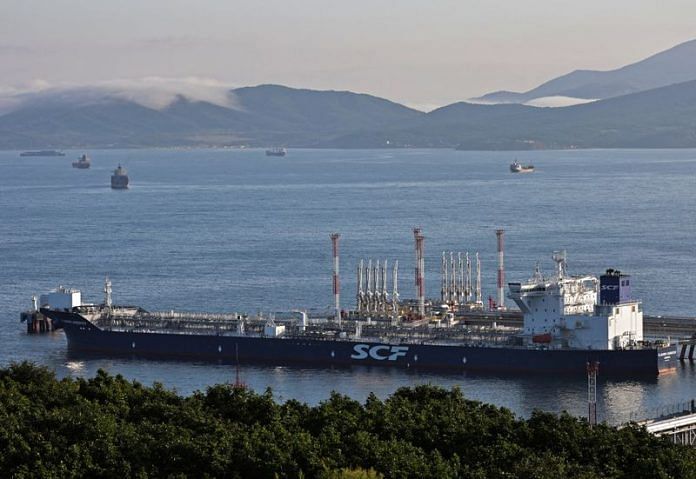By Alex Lawler
LONDON (Reuters) – Oil steadied on Thursday after settling lower the previous day as signs of retreating fuel demand in the U.S., the world’s biggest oil user, contended with widening conflict risks in the Middle East.
This week’s supply report from the U.S. Energy Information Administration (EIA) on Wednesday showed gasoline stockpiles fell less than forecast while distillate stockpiles rose against expectations of a decline, reflecting signs of slowing demand. [EIA/S]
“It does not exactly give a healthy state of domestic demand in the U.S.,” said John Evans of oil broker PVM, who added that U.S. economic data out later in the day would be important for sentiment. “Oil prices today will not be in the hands of the oil market,” he said.
Brent crude futures rose 29 cents, or 0.3%, to $88.31 a barrel at 0805 GMT, while U.S. West Texas Intermediate crude futures gained 25 cents, or 0.3%, to $83.06.
U.S. crude inventories unexpectedly fell sharply last week, the EIA report also showed, as exports jumped.
The concern about U.S. fuel demand arises amid signs of cooling U.S. business activity in April and as stronger-than-expected inflation and employment data means the Federal Reserve is seen as more likely to delay expected interest rate cuts.
U.S. economic data out later on Thursday includes first-quarter economic growth. Gross domestic product (GDP) likely increased at a 2.4% annualised rate, according to a Reuters survey of economists.
“The current weakness in benchmark prices, after testing above $90 levels, is due to market sentiment refocusing on global economic headwinds over geopolitical tensions,” said Emril Jamil, senior oil analyst at LSEG Oil Research.
Fighting in the Gaza Strip between Israel and Hamas is expected to expand as Israel may start an assault on Rafah, in the enclave’s south, which may increase the risk of a wider war that could potentially disrupt oil supplies.
Still, oil supply has not been affected as yet and there have been no other signs of direct conflict between Israel and Hamas-backer Iran, a major oil producer, since last week.
(Additional reporting by Yuka Obayashi in Tokyo and Jeslyn Lerh in Singapore; editing by Jason Neely)
Disclaimer: This report is auto generated from the Reuters news service. ThePrint holds no responsibilty for its content.



